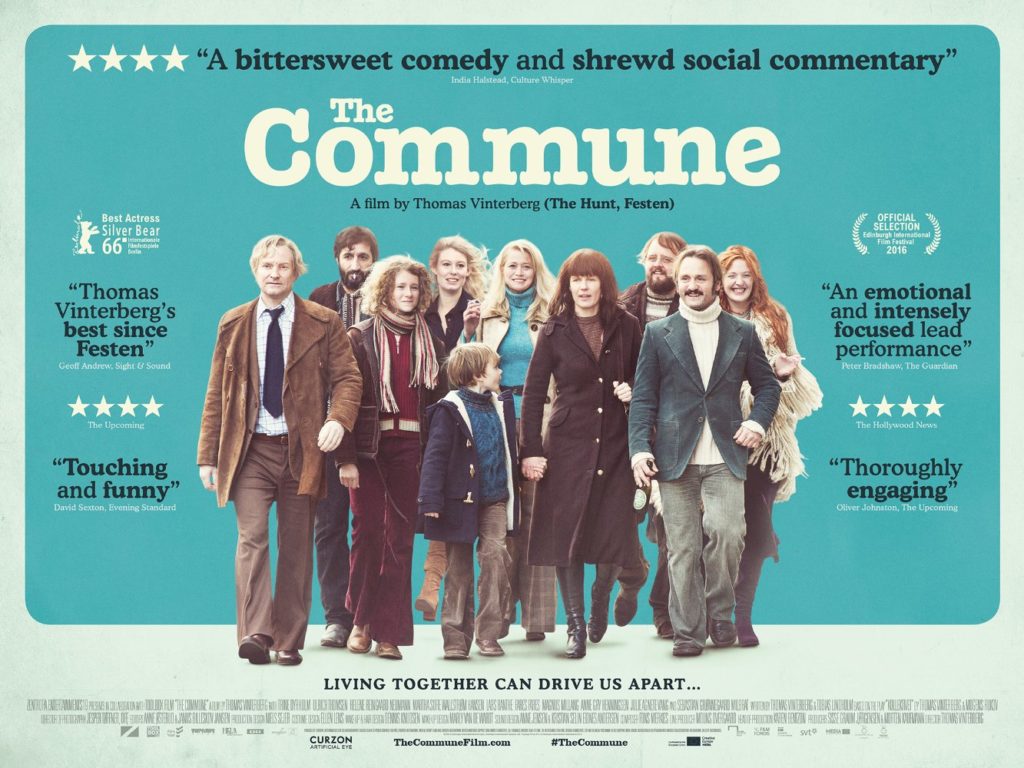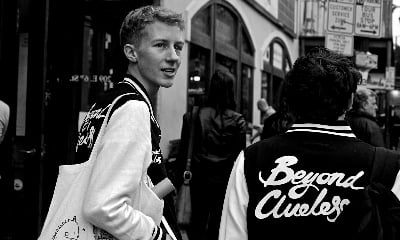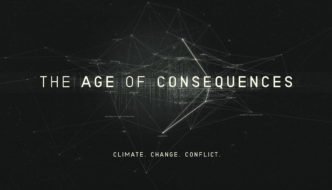Review: Thomas Vinterberg’s The Commune
August 16, 2016

Thomas Vinterberg’s body of work may lack the antagonistic highs of fellow Dogme 95 founder Lars von Trier, but Vinterberg has ploughed a varied, if uneven, furrow since his searing Dogme offering Festen (1999) propelled him to the forefront of world cinema. The peaks, troughs and anomalies in Vinterberg’s oeuvre are striking: among oddities like Dear Wendy (2004) are classics like The Hunt (2012) and an adaptation of Far from the Madding Crowd (2015) which paled alongside John Schlesinger’s effulgent 1967 version. While von Trier revels in the Grand Guignol and provocation, Vinterberg has proved himself to be above all a dependable craftsman with well calibrated dramatic instincts.
The Commune finds Vinterberg veering into more personal territory, drawing on his own experiences of growing up in a commune in the ’70s, though he insists it is based more on a ‘true feeling’ than a true story. Erik (Ulrich Thomsen), an architecture lecturer, and Anna (Trine Dyrholm), a TV newsreader, inherit Erik’s sprawling childhood home. After some discussion they decide not to sell the house but turn it into a commune, inviting old friends and new arrivals to join them and establishing egalitarian principles for its running. Things begin auspiciously. Anna is happy with the excitement this new living arrangement has injected into her life, though Erik still has misgivings about the financial burden he is bearing. Then Erik begins a relationship with one of his students, Emma (Helene Reingaard Neumann), and the delicate solidarity of the commune is thrown into turmoil.
Given Vinterberg’s avowed fondness for this setting, one would be forgiven for expecting The Commune to be a nostalgic romp, but Vinterberg steers clear of romanticising this period. His screenplay, co-written with Tobias Lindholm, adds some much needed grit into the mix without striking a moralising or cautionary note. Stylistically, Vinterberg approaches The Commune as a documentary, with Cassavetes being a clear touchstone. There is an apparent spontaneity to the compositions which not only create a feeling of intimacy but amplify the tension in the scenes of disagreement. There is a definite sense of being welcomed into the fold and participating in the discussion. Jesper Tøffner’s cinematography and Niels Sejer’s production design evoke the hues of the era without lapsing into over-stylised pastiche, as is so often the case with period pieces. The end result is a blend of Together (2000), The Ice Storm (1997) and Scenes from a Marriage (1973).
As Festen illustrated, Vinterberg is adept at working with an ensemble cast, and The Commune is loaded with assured performances from top to bottom, giving life to the screenplay’s astutely observed and fully realised characters. The film begins as a study of Erik, who is played with great poise by Thomsen, but quickly becomes all about Dyrholm’s Anna, whose mesmerising, intense performance has echoes of the great Gena Rowlands in A Woman Under the Influence (1974) and Opening Night (1977). As the brutal realities of ageing are brought to bear on her, there is a thunderstruck quality to Anna’s countenance which is captivating to behold. Other standouts are Lars Ranthe as the garrulous, free-wheeling pyromaniac Ole, and Martha Sofie Wallstrøm Hansen as Erik and Anne’s daughter, Freja, through whose arc the film explores the era’s generational tensions.
The Commune offers a compelling exploration of the ways in which hierarchy and patriarchy can reassert themselves in even the most permissive milieu. It shows with great empathy and insight how patriarchy treats women, surveying the emotional wreckage while never stooping to soap opera histrionics; how social experiments and the highest ideals are broken on the wheel of human weakness; how breaking the bonds of conformity brings its own complications; how the social fissures slowly reveal themselves. Vinterberg has created an emotionally rich character piece in which he addresses not merely his childhood but the rigid ideals and quest for purity which served as the impetus for the Dogme movement.
Follow Daniel Palmer on Twitter at @mrdmpalmer
Filed under: Film, TV & Tech
Tagged with: documentary, dogme, festen, film, Sheffield, thomas vinterberg



Comments